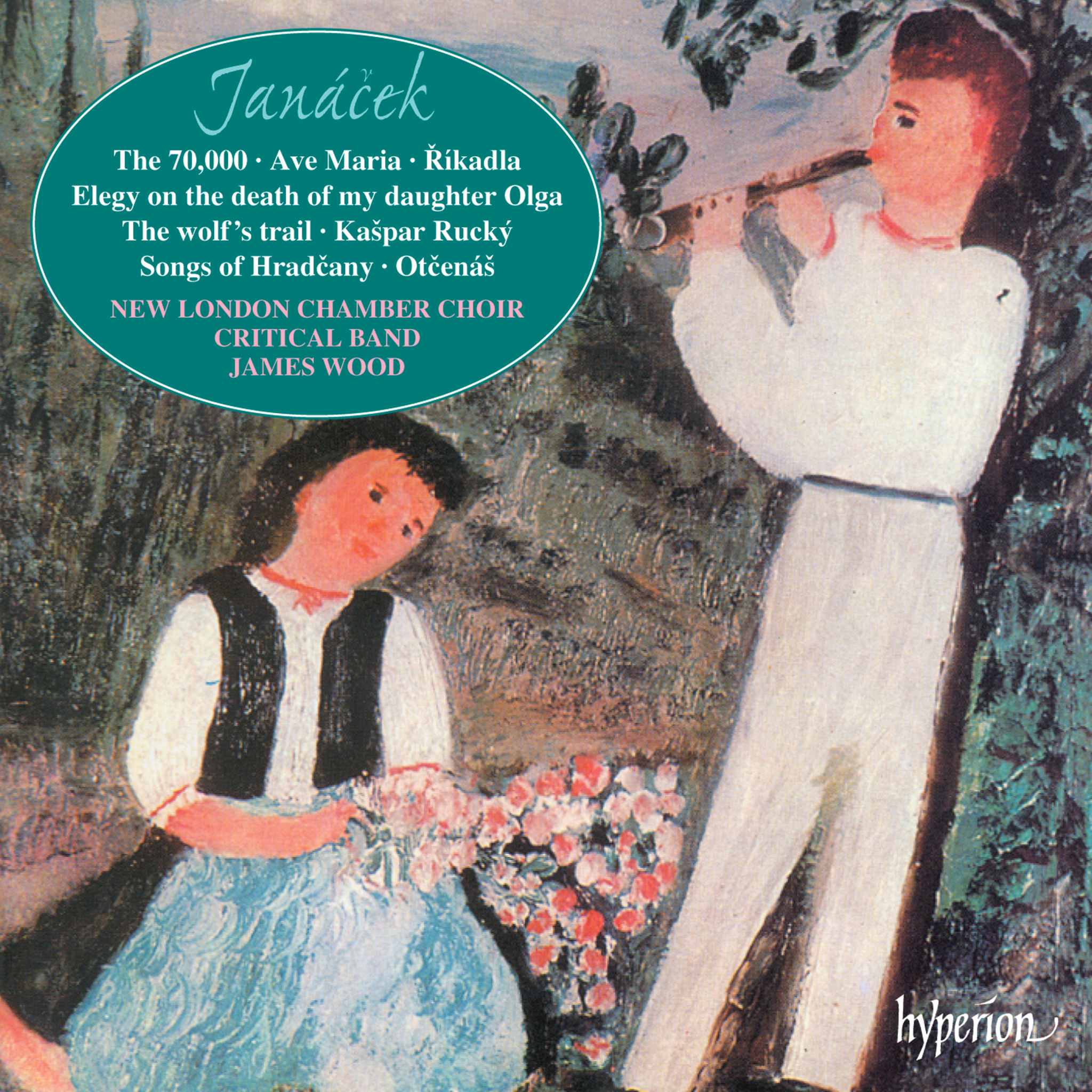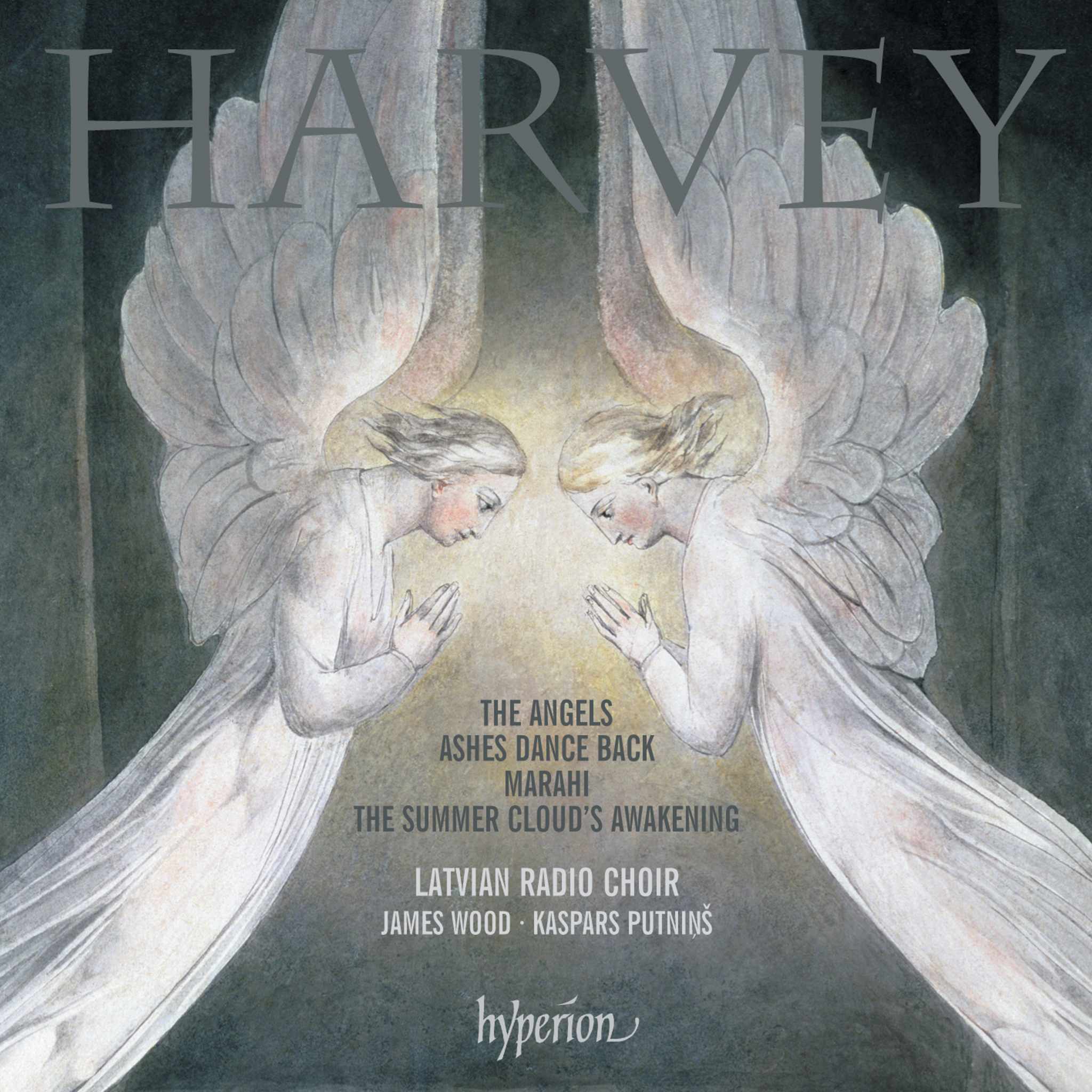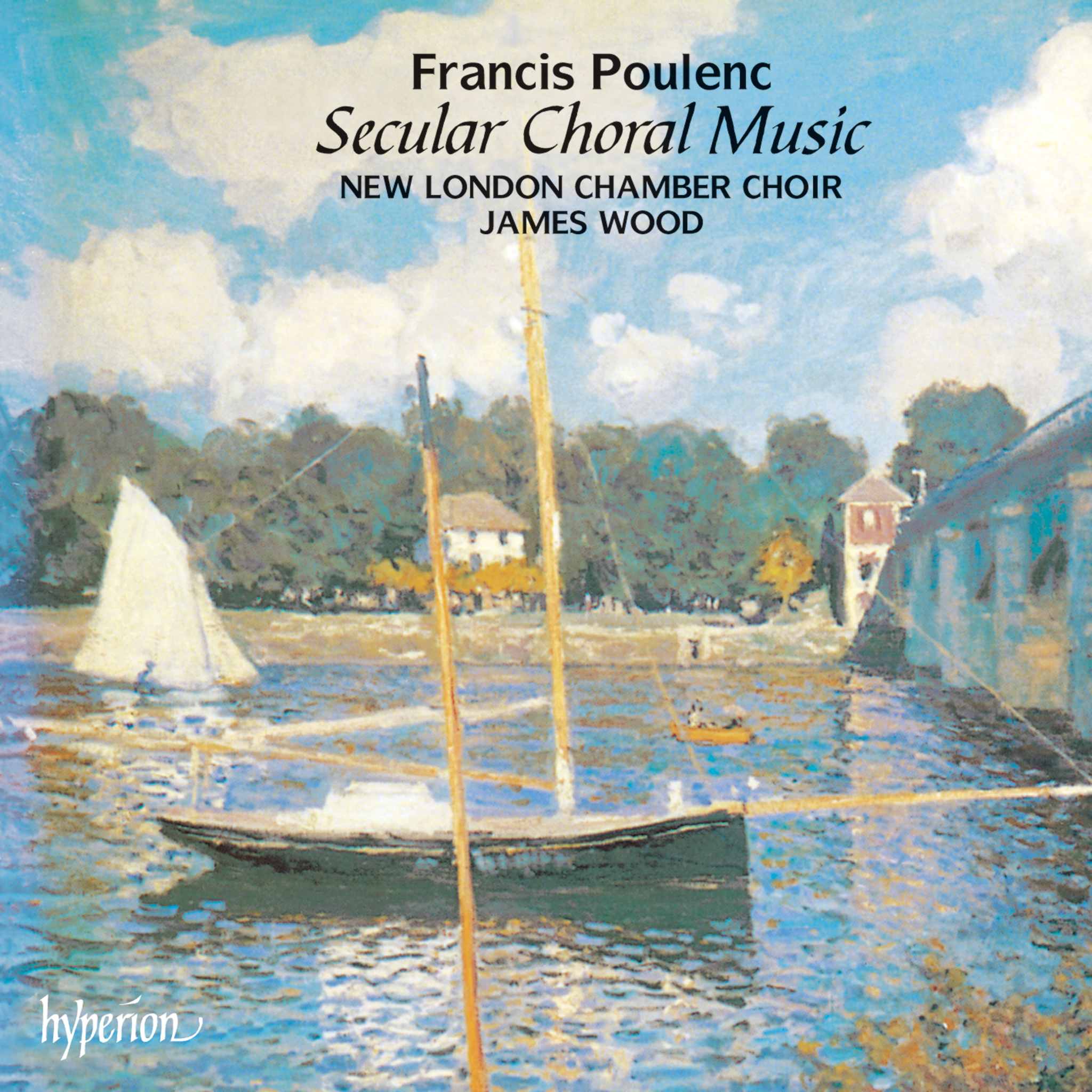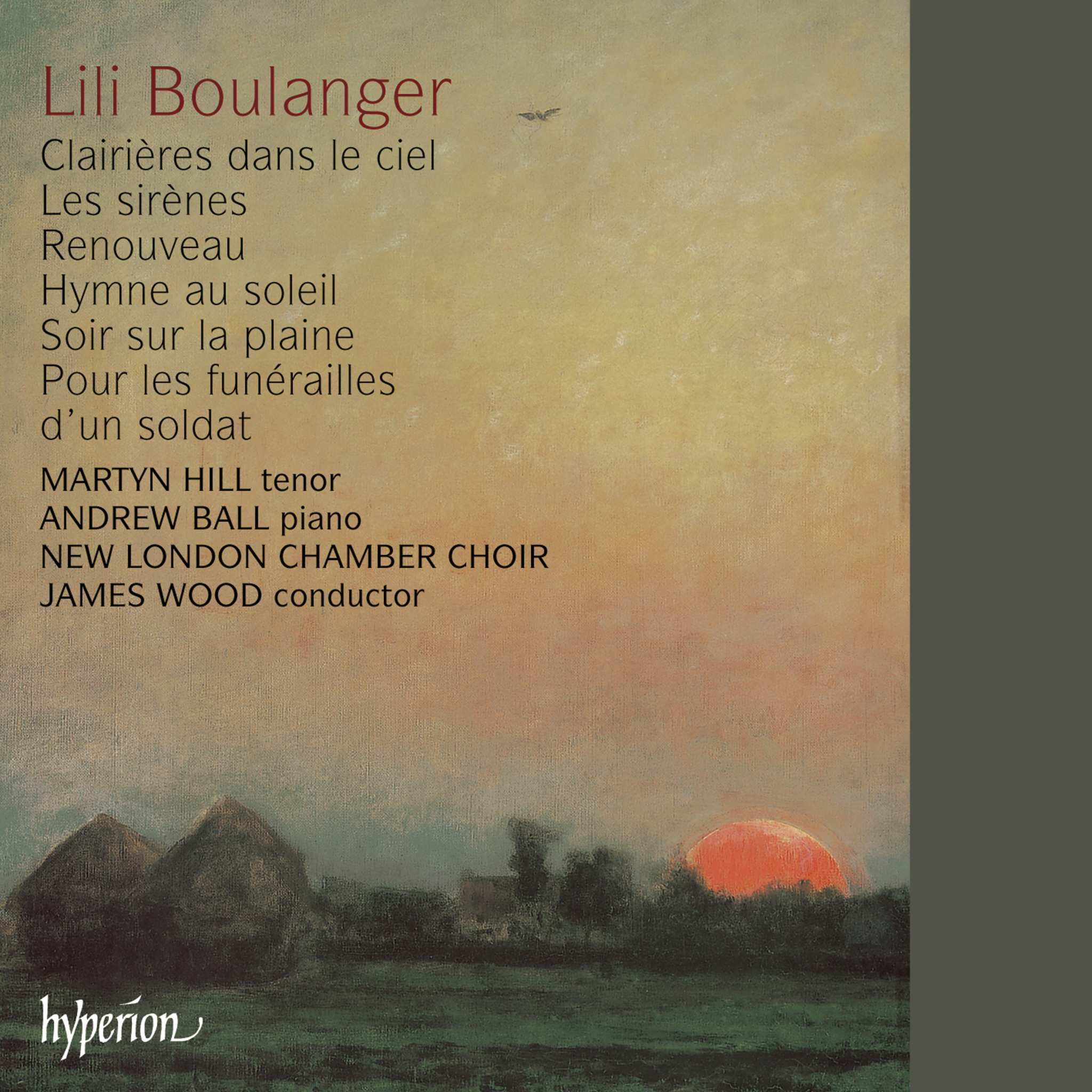Album insights
Initially, Johann Peter Pixis and Sigismond Thalberg seem to have little in common apart from being both pianists and composers. While Pixis was born in 1788 into a musical family during the wig era, Thalberg, almost a quarter-century younger, had roots... But this is a complex matter that will be discussed later. Despite a few fleeting connections and coincidental similarities between them, one undeniable link is their contribution to Liszt's extraordinary piano composition "Hexaméron" in 1837. Both Pixis and Thalberg provided variations on themes from Bellini's "I puritani." Notably, it was this collaborative project that included a cross-section of contemporary piano styles that has kept Pixis' name alive, unlike Thalberg, who is mainly remembered in association with Liszt.
Their encounter began when Thalberg took piano lessons with Pixis in Paris, among others. Both figures failed to achieve success with their operas. Pixis' "Bibiana" and "Die Sprache des Herzens," as well as Thalberg's "Florinda" and "Cristina di Svezia," did not leave a lasting impression. Pixis and Thalberg eventually withdrew from the limelight, retreating to their respective villas for retirement. Despite their past accomplishments, both men had faded into obscurity within the music world long before their deaths. While Pixis' music has vanished completely, some of Thalberg's operatic fantasies and his renowned variations on "Home, Sweet Home" still linger in the repertoire of some pianists.
Pixis, born in Mannheim, embarked on a musical journey early in life, achieving recognition as a respected pianist and teacher upon settling in Paris. Thalberg's true parentage remains a subject of debate, with conflicting reports. Nevertheless, Thalberg's aristocratic heritage and outstanding piano skills propelled him to fame across Europe. Renowned for his innovative piano techniques, Thalberg sought to evoke singing qualities from the instrument and introduced the concept of the "three hands" effect, captivating audiences with his virtuosity. However, this inventive approach was absent from Thalberg's sole piano concerto in F minor, composed around 1830, which showcased a different style inspired by Weber and Hummel.
Thalberg's remarkable performances, characterized by a composed demeanor and innovative techniques, marked him as a pianistic trailblazer, influencing future generations of pianists. After amassing wealth during his tours of North America and Brazil, Thalberg retired from the stage due to the inability of his imitators to match his creativity. His legacy lives on through his contributions to piano performance and his enduring impact on piano technique.









